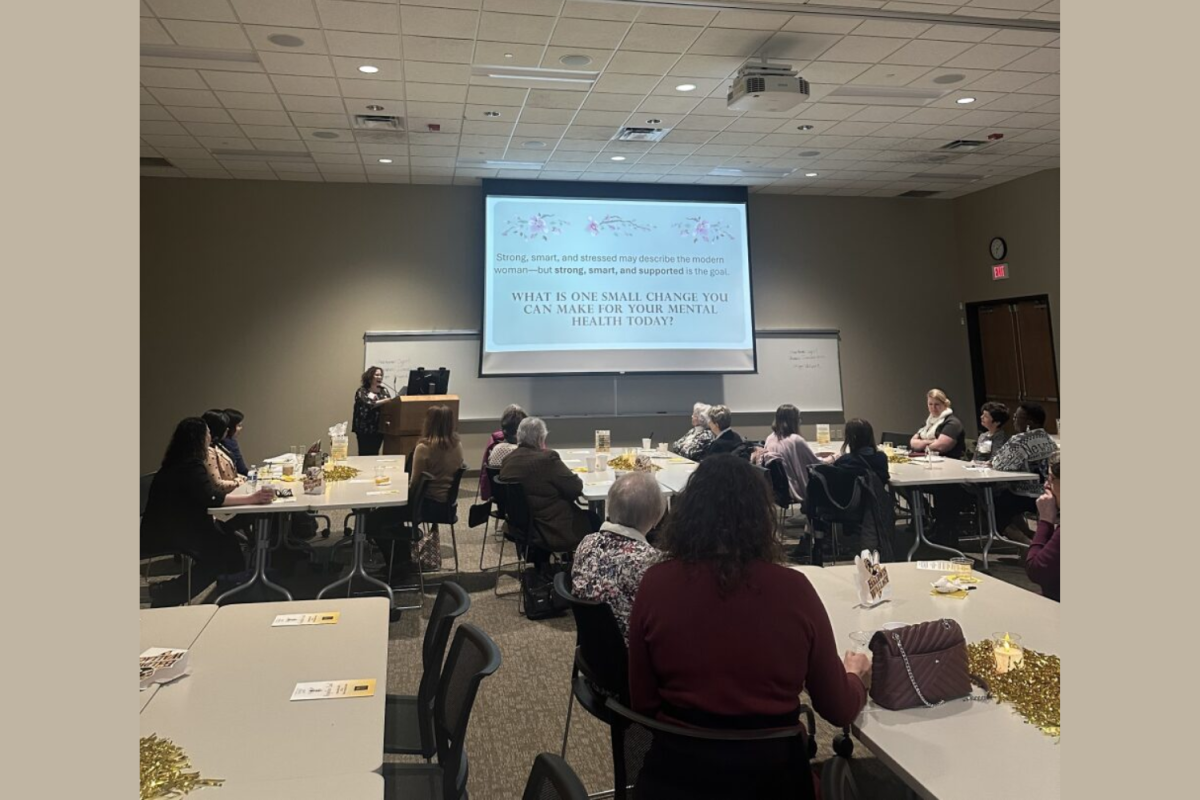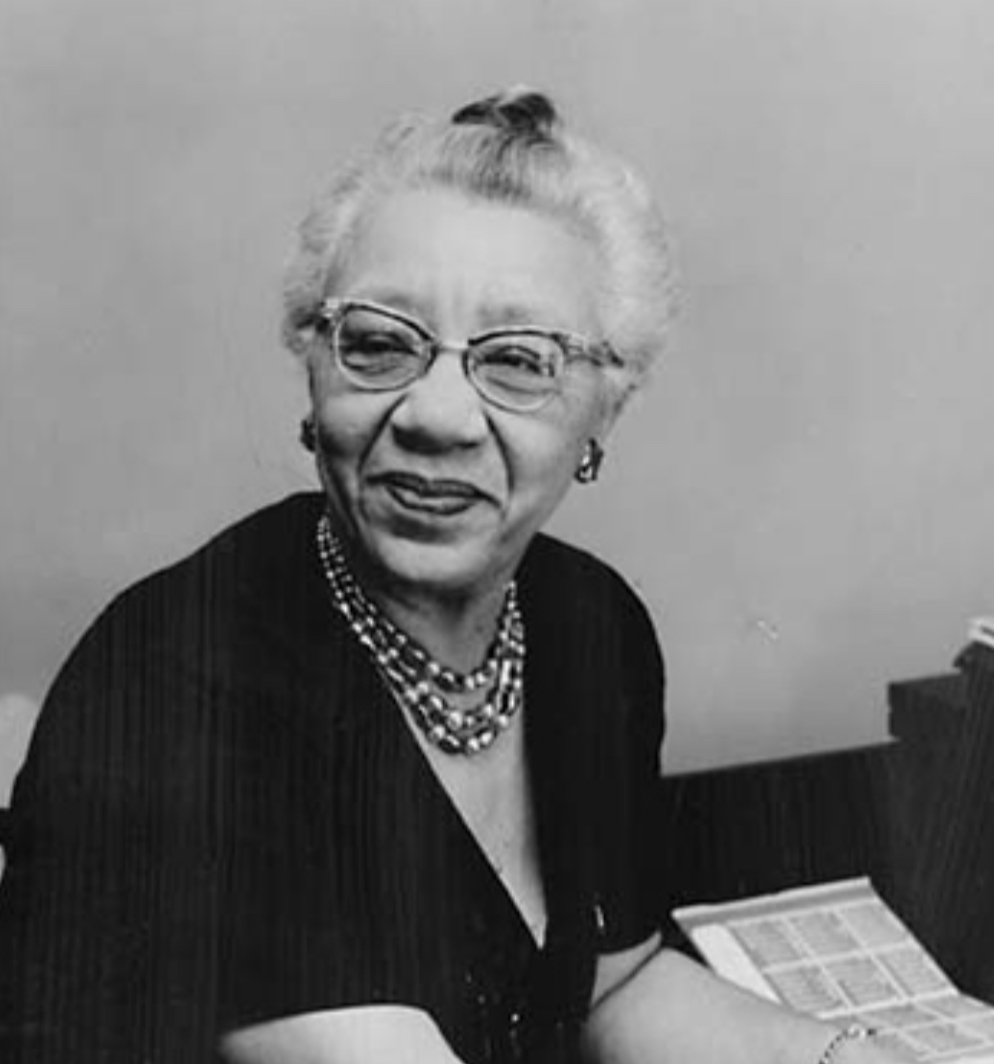Edited Oct. 6
The Colony Café, located in the Union, has started offering reusable plates and silverware to students who choose to dine in. By offering these new plates, they are expanding options for students while encouraging sustainability by eliminating some of the singleuse plastics.
David Krueger, co-director of the sustainability program and Charles E. Spahr chair in managerial and corporate ethics, said that while they had the option between compostable dining items, which are more expensive, single-use plastics and reusable plates and utensils, the reusable option offered the best choice.
“Reusable plates and knives and forks are even better than compostable items because those are still one time use things,” Krueger said
Krueger said that a major reason why the reusable option is a better choice compared to single-use plastics is because the plastics end up in our oceans, ultimately harming the life in our ecosystems.
Anna Tucker, a junior psychology major, has utilized the new dine-in option this semester and said that they enjoy avoiding the waste.
“I think they’re really cool it’s nice to just be able to eat there,” Tucker said, “I do prefer this way. I feel like it’s more eco-friendly. I’m a sucker for anything that’s good for the environment.”
Tucker said that the new system has worked well for students.
“I think it is a pretty good system,” Tucker said, “If you’re going to eat there, you get the dishes but if you’re gonna go they give you a bag so it doesn’t really change how you eat.
However, the reusable plates may come with difficulties for those who work in the Colony Café, said Isabella Muniz, a sophomore criminal justice major and student worker for dining services.
“For us it’s more work because it’s like we have to make the plates [and] we have to make sure the bowls and the plates are clean,” Muniz said.
The added step of washing the dishes adds more labor for the workers, and there are not extra employees whose job it is to clean the plates. Although the reusable plates may be eliminating single-use plastics, the reusable plates may cost more water, which potentially could cut back on their sustainable impact, Muniz said.
“We have to run it through ourselves. Like that’s nobody else’s job but ours,” Muniz said.
Note: The print issue published on Oct. 4 mispelled the name of David Krueger, co-director of the sustainability program and Charles E. Spahr chair in managerial and corporate ethics.





































